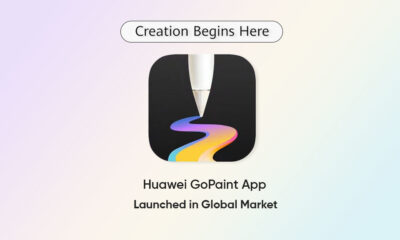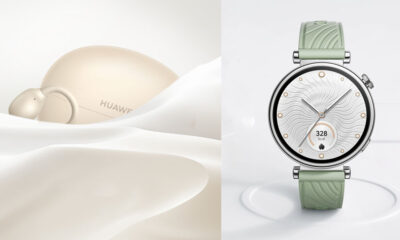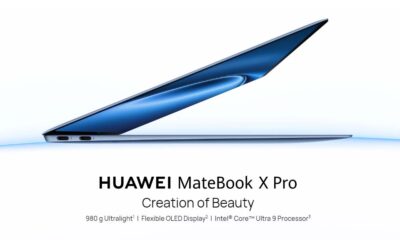News
Huawei phone data is safe during repair as long as the password is secret: VP
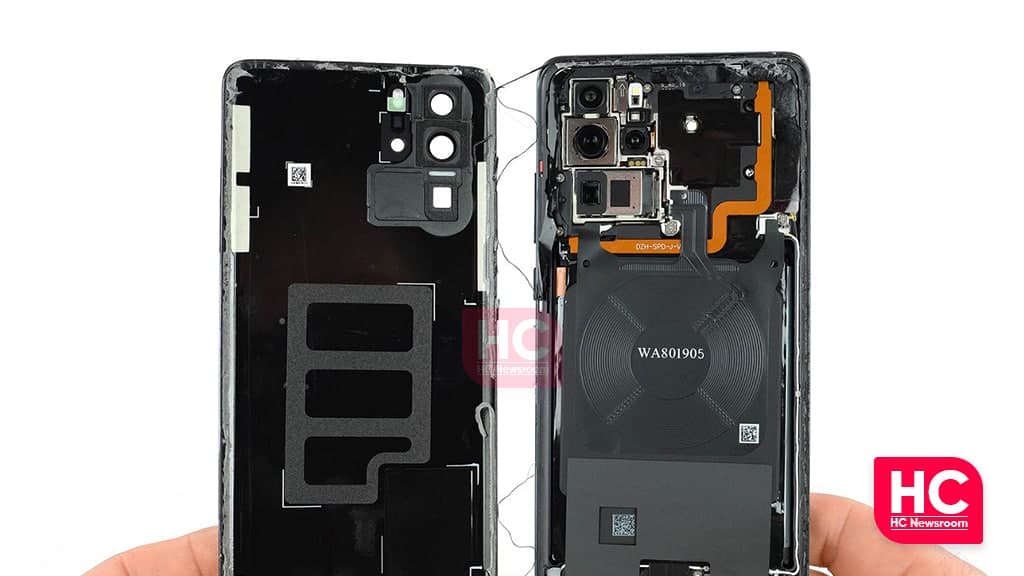
Some people have been harassed by unknown maintenance care personnel, that had illegally obtained private information, while the phone was under repairing services. Fortunately, the user did not cause any further losses after reporting to the police, and the public security agency imposed five-day detention on the employee who stole and sent illegal information.
Therefore, a large number of users have expressed their worries regarding this matter. Later, a professional explained that most electronic products such as mobile phones have full disk encryption, and it is not easy to restore data even if criminals disassemble the machine and obtain Flash storage.
Bruce Lee, Vice President of the Huawei mobile phone product line showcased his thoughts on this matter. Smartphones have full disk encryption, so as long as the password is secret, the data will not be leaked.
He also talked about Huawei phones, saying that Huawei phone data is safe. The Chinese tech giant’s smartphones also have a special Maintenance Mode. Once enabled, no matter what the situation is, there is no need to reveal or tell the maintenance care officer your mobile phone password or unlock the device for their use.
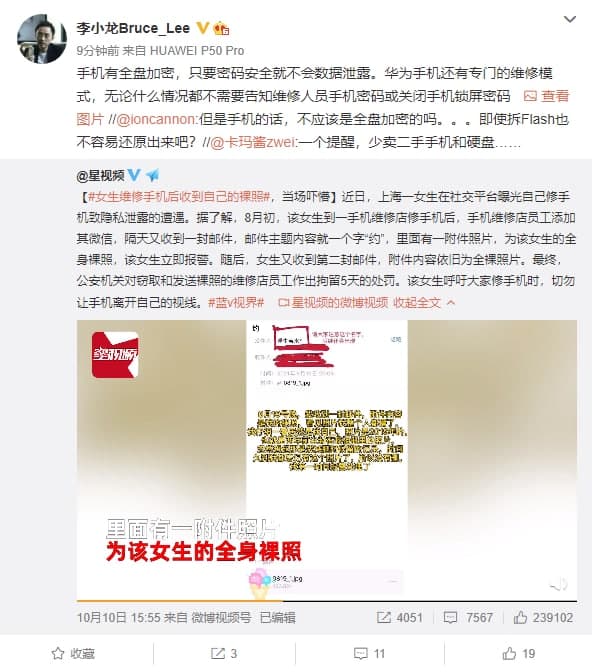
Full Disk Encryption:
Aside from the Huawei phone data safe topic, Full-disk encryption is the process of encoding all user data on an Android device using an encrypted key. Once a device is encrypted, all user-created data is automatically encrypted before committing it to disk and all reads automatically decrypt data before returning it to the calling process.
Full-disk encryption was introduced to Android in 4.4, but Android 5.0 introduced new features. Android full-disk encryption is based on dm-crypt, which is a kernel feature that works at the block device layer.
Because of this, encryption works with Embedded MultiMediaCard (eMMC) and similar flash devices that present themselves to the kernel as block devices. Encryption is not possible with YAFFS, which talks directly to a raw NAND flash chip.
The encryption algorithm is 128 Advanced Encryption Standard (AES) with cipher-block chaining (CBC) and ESSIV: SHA256. The master key is encrypted with 128-bit AES via calls to the OpenSSL library. You must use 128 bits or more for the key (with 256 being optional).
(Via – ithome)

